Why investors should consider adding Glencore to their portfolios
Commodities giant Glencore is well placed to capitalise on rising commodity prices and supply chain disruption, says Rupert Hargreaves. Here’s why you should consider buying Glencore shares.

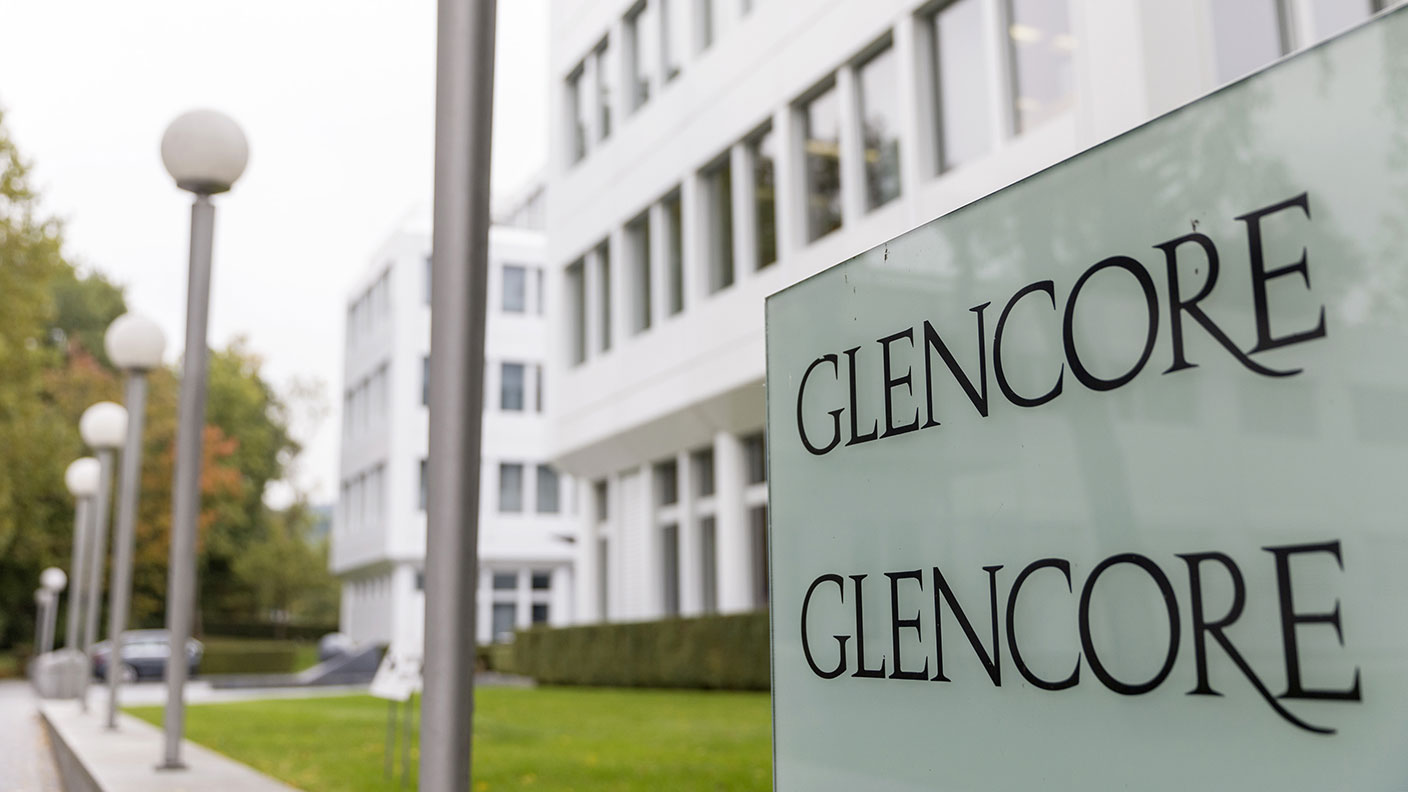
Get the latest financial news, insights and expert analysis from our award-winning MoneyWeek team, to help you understand what really matters when it comes to your finances.
You are now subscribed
Your newsletter sign-up was successful
Want to add more newsletters?

Twice daily
MoneyWeek
Get the latest financial news, insights and expert analysis from our award-winning MoneyWeek team, to help you understand what really matters when it comes to your finances.

Four times a week
Look After My Bills
Sign up to our free money-saving newsletter, filled with the latest news and expert advice to help you find the best tips and deals for managing your bills. Start saving today!
In 2015, the Glencore (LSE: GLEN) share price plunged as the City began to question the company’s very survival. A sudden slump in commodity prices had caught the group off guard, at a time when it was also carrying a lot of debt. Easy access to finance is vital for commodity traders such as Glencore, but as confidence evaporated, investors started to wonder if creditors would pull the plug.
The FTSE 100 company managed to pull itself back from the brink by raising cash from shareholders and outlining plans to reduce debt. Today its outlook couldn’t be more different. Surging commodity prices are generating a windfall for the organisation and its traders.
As profits have jumped, Glencore’s share price has followed suit. The stock is up more than 500% from the all-time low at the end of 2015.
MoneyWeek
Subscribe to MoneyWeek today and get your first six magazine issues absolutely FREE

Sign up to Money Morning
Don't miss the latest investment and personal finances news, market analysis, plus money-saving tips with our free twice-daily newsletter
Don't miss the latest investment and personal finances news, market analysis, plus money-saving tips with our free twice-daily newsletter
Glencore’s fortunes have greatly improved over the past six years
The future has never looked better for Glencore as its traders capitalise on rising commodity prices and supply chain disruption.
Glencore started its life as a commodity trader. Then in 2012 it merged with mining powerhouse Xstrata. Under the stewardship of CEO Mick Davis, Xstrata became a global giant by acquiring assets other companies didn’t want. It specialised in coal and copper and Glencore has doubled down on this master plan despite attracting criticism from climate activists.
The strategy is paying off handsomely.
Thanks in part to strong coal prices, profit attributable to shareholders hit $5bn (£4.1bn) in 2021, up from a loss of $1.9bn (£1.6bn) in 2020. Asian coal prices doubled last year and have remained high this year. Glencore is ramping up coal production to meet this increasing demand with a 20% jump in output projected.
Higher copper prices are also contributing to the firm’s growing profits, although due to production snarl-ups, copper production is set to fall around 3% this year. Still, the company is looking to increase its nickel and ferrochrome production by 3%.
Copper and nickel are vital resources for the green economy and the demand for both is booming. Glencore, with its production and trading arms, is uniquely positioned to capitalise on this trend. Since the beginning of 2020 the price of copper has jumped 46% while the price of nickel is up 60% in the past 12 months.
All of this bodes well for Glencore’s growth not just in the next few years but for the long-term as well. Refinitiv analyst estimates suggest the company’s earnings will grow 138% this year to $17bn, although analysts also believe growth will moderate in the years after.
Profit growth is helping support the Glencore share price
Based on profit estimates, the business is on track to get its long-term debt under $10bn this year. If it hits this target, special dividends and share buybacks could follow.
After last year’s results, Glencore announced it would be returning $3.4bn to shareholders this year via dividend split across two payments. It also announced a $550m share buyback. Analysts think the company could return even more in the years to come. They’ve pencilled in a dividend yield of 9.3% for 2022 and 8.6% for 2023.
For all of Glencore’s attractive qualities, it does have some drawbacks as well. Investors worried about the climate might not want to buy into one of the world’s largest coal producers. Management estimated in February that coal would provide nearly 40% of earnings before interest, tax, depreciation and amortisation (ebitda) this year. And the coal windfall might not last if the world gets serious about bringing down emissions in the years ahead. If coal consumption drops off a cliff, the company could be left with a lot of costly, loss making assets.
Then there are the corporation’s legal issues. Glencore is being probed by authorities around the world concerning its conduct in certain regions. It has already put aside $1.5bn to deal with probes by the UK, US and Brazilian authorities. More charges could follow.
The organisation is also a bit of a black box. The group’s traders make billions every year buying, selling and moving commodities, which requires huge amounts of capital and the use of derivatives to hedge exposure. However, the nature of trading means shareholders never really know how much exposure Glencore has to certain commodities and how much it owes to different parties.
Still, Glencore’s strategy is paying off and while there are risks attached to the company, with the stock trading at a forward price/earnings (p/e) ratio of 4.2 and further cash returns on the cards, it looks to be one of the cheapest ways to play the current commodity bull market.
SEE ALSO:
How to invest in the multi-decade boom in industrial metals
The big dividends on offer from mining stocks
Copper is set for a long bull market – here’s how to invest in it
Is the oil market heading for a supply glut?
Get the latest financial news, insights and expert analysis from our award-winning MoneyWeek team, to help you understand what really matters when it comes to your finances.

Rupert is the former deputy digital editor of MoneyWeek. He's an active investor and has always been fascinated by the world of business and investing. His style has been heavily influenced by US investors Warren Buffett and Philip Carret. He is always looking for high-quality growth opportunities trading at a reasonable price, preferring cash generative businesses with strong balance sheets over blue-sky growth stocks.
Rupert has written for many UK and international publications including the Motley Fool, Gurufocus and ValueWalk, aimed at a range of readers; from the first timers to experienced high-net-worth individuals. Rupert has also founded and managed several businesses, including the New York-based hedge fund newsletter, Hidden Value Stocks. He has written over 20 ebooks and appeared as an expert commentator on the BBC World Service.
-
 Early signs of the AI apocalypse?
Early signs of the AI apocalypse?Uncertainty is rife as investors question what the impact of AI will be.
-
 Reach for the stars to boost Britain's space industry
Reach for the stars to boost Britain's space industryopinion We can’t afford to neglect Britain's space industry. Unfortunately, the government is taking completely the wrong approach, says Matthew Lynn
-
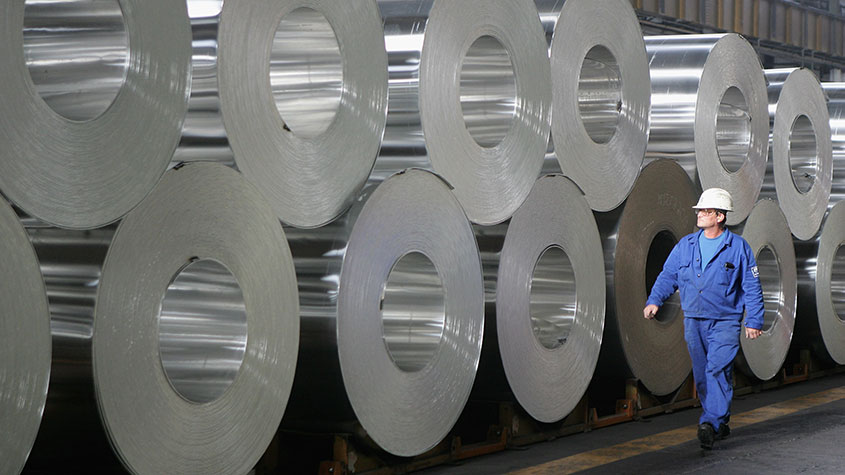 These 2 stocks are set to soar
These 2 stocks are set to soarTips The returns from these two aluminium and tin stocks could be spectacular when the commodity cycle turns says David J Stevenson.
-
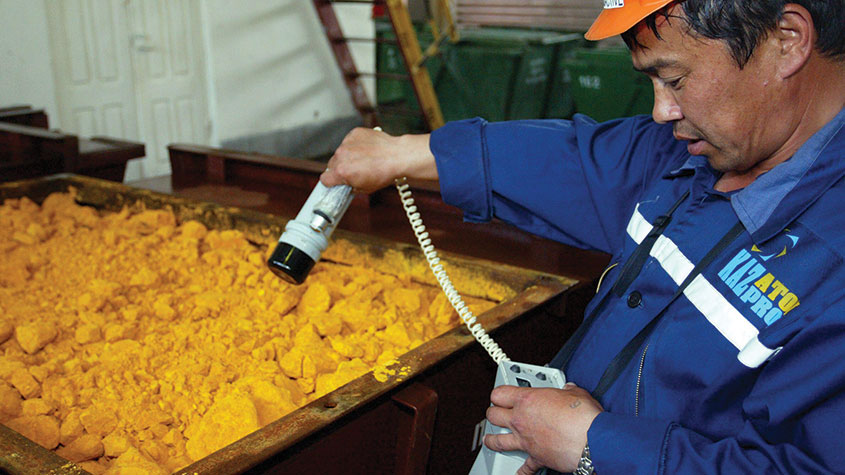 The best ways to buy strategic metals
The best ways to buy strategic metalsTips Weaker prices for strategic metals in the alternative-energy sector are an investment opportunity, says David Stevenson. Here, he picks some of the best ways to buy in.
-
 A lesson for investors from a ill-fated silver mine
A lesson for investors from a ill-fated silver mineAnalysis Mining methods may have changed since the industry’s early days, but the business hasn’t – digging ore from the ground and selling it at a profit. The trouble is, says Dominic Frisby, the scams haven't changed either.
-
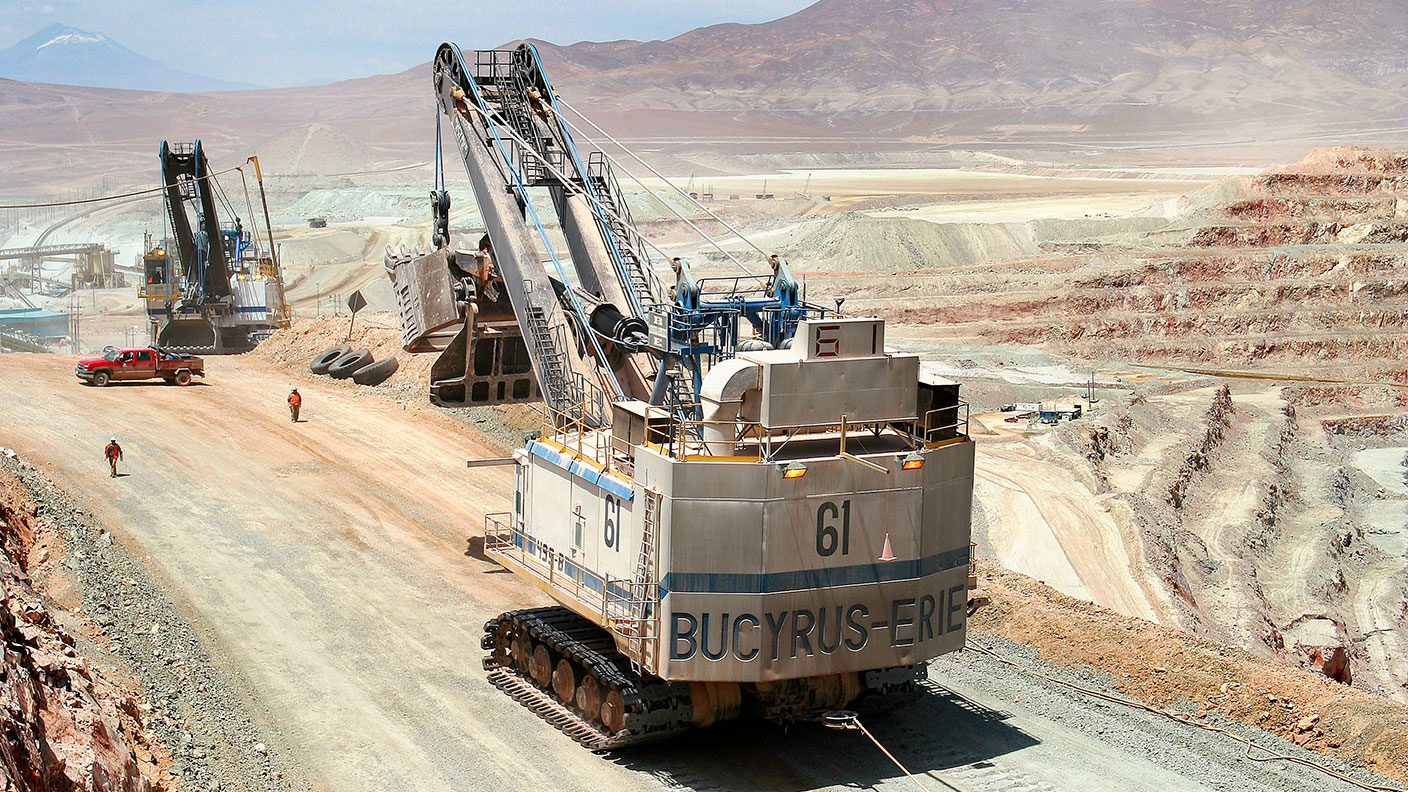 The natural resources industry is in a tight spot – which is bad news for the rest of us
The natural resources industry is in a tight spot – which is bad news for the rest of usOpinion The natural resources industry is in a bind. We need it to produce more energy and metals, but it has been starved of investment, plagued by supply chain issues, and hobbled by red tape. That’s bad news for everyone, says Dominic Frisby.
-
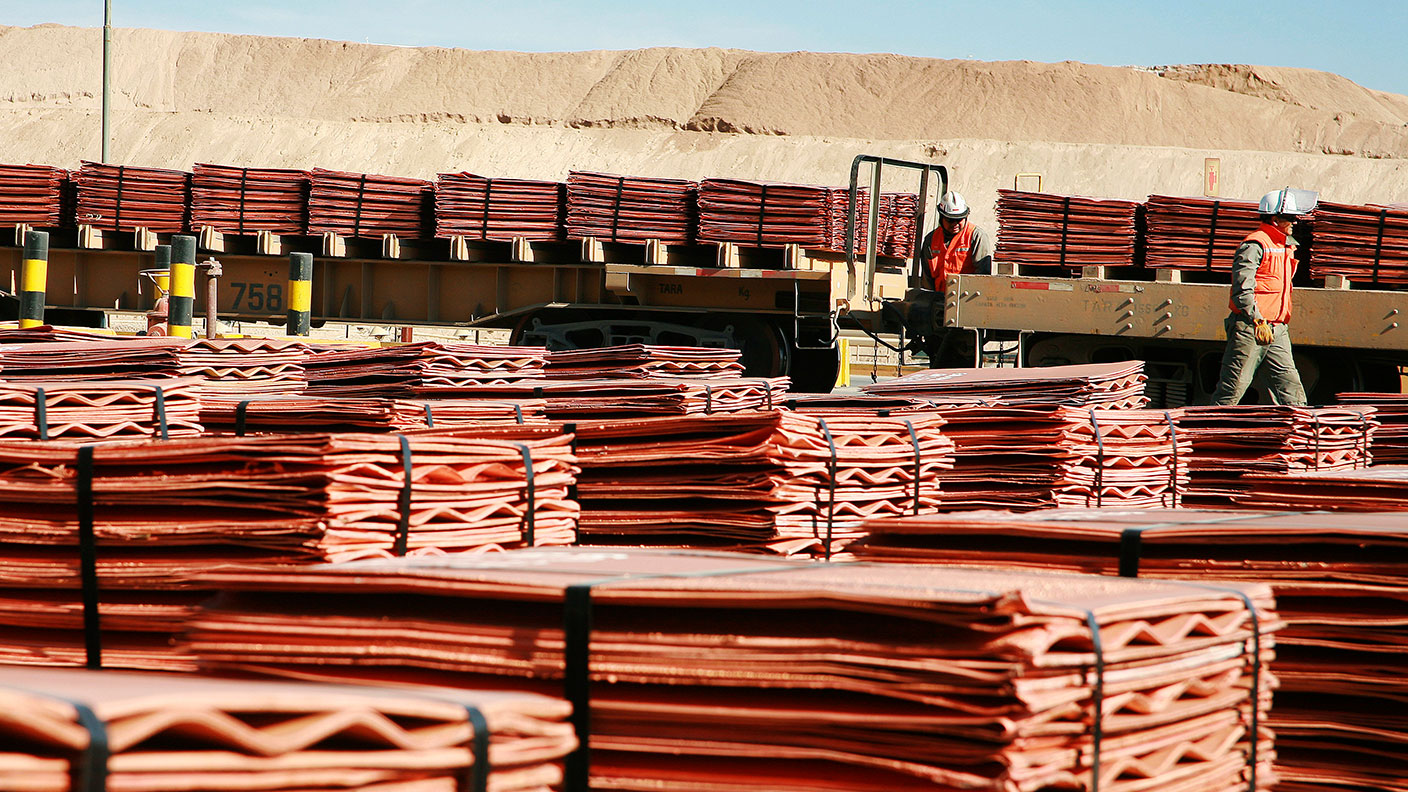 How to invest in the copper boom
How to invest in the copper boomTips The price of copper has slipped recently. But that’s temporary – the long-term outlook is very bullish, says Dominic Frisby. Here, he explains the best ways to invest in copper.
-
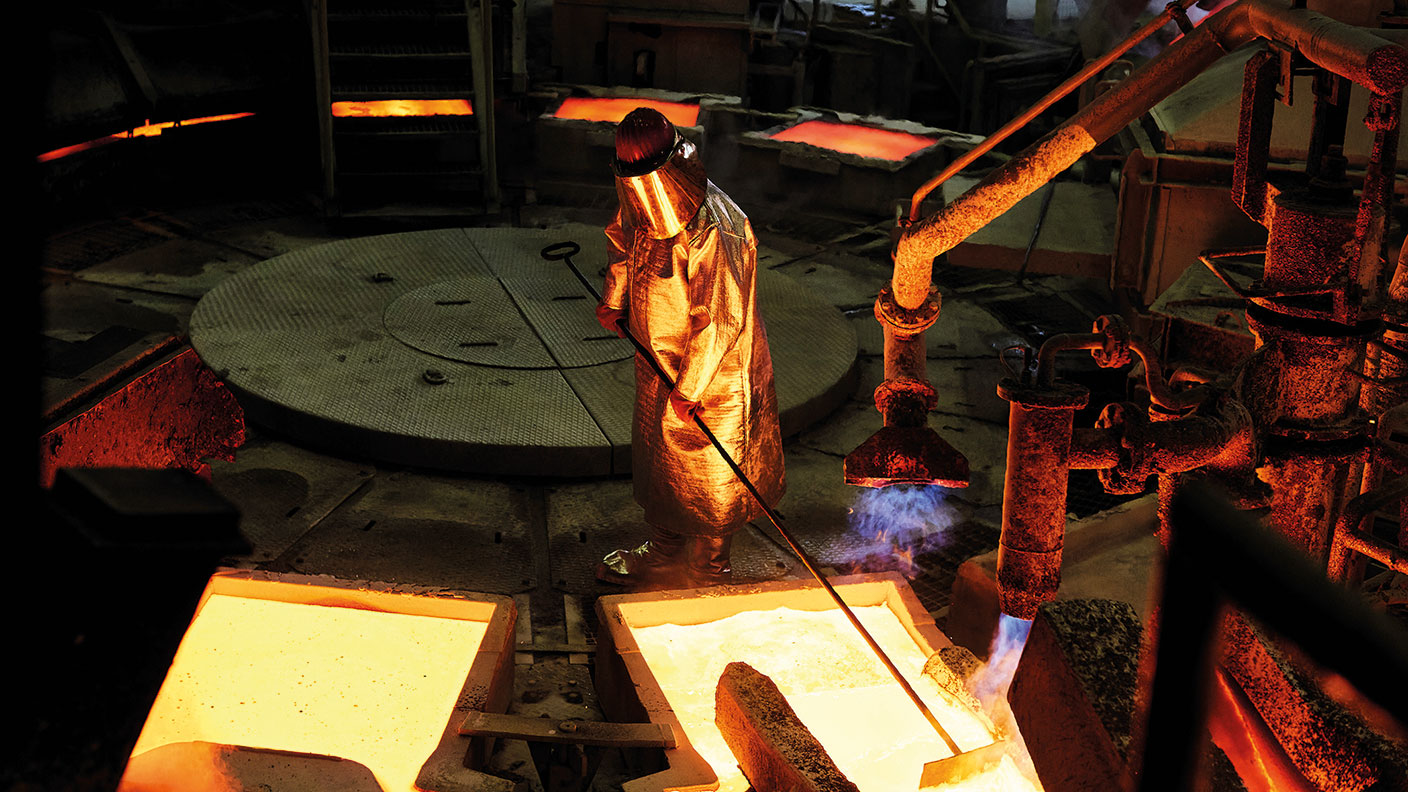 How to invest in the multi-decade boom in industrial metals
How to invest in the multi-decade boom in industrial metalsTips The price of key industrial metals has already begun to rise. The renewable energy transition will take them higher, says David Stevenson. Here's how to profit.
-
 Avoid China’s stockmarket – here’s what to invest in instead
Avoid China’s stockmarket – here’s what to invest in insteadOpinion China’s stockmarket is not a good place for investors to be. But you can't just ignore the world's second-largest economy, says Dominic Frisby. Here, he picks an alternative China play.
-
 8 gold funds to consider for exposure to the yellow metal
8 gold funds to consider for exposure to the yellow metalGold funds are one of the best ways of adding gold to your portfolio. We highlight some of the more interesting funds for gold spot prices and gold miners.